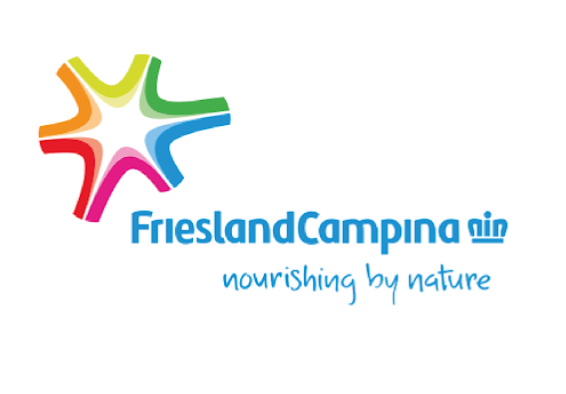Tuesday, 15 December 2020 the Members’ Council of Zuivelcoöperatie FrieslandCampina U.A. approved a number of amendments to the cooperative governance. Furthermore, the Members’ Council provided direction for the development of a future-proof member financing system. The Members’ Council was also updated on the acceleration of the transformation which was recently announced by the company.
Amendments to cooperative governance
The Members’ Council has approved, with a vast majority, a number of amendments to the cooperative governance. These changes are aimed at further increasing the involvement of members and District Council members in the decision-making process, thereby bolstering support. In order to continue improving the effectiveness and agility of the cooperative, the number of districts will be reduced from 21 to 14. In line with this, the number of Members’ Council members is to be reduced from 210 to 140 by way of a transitional arrangement. Moreover, four clusters will be formed within the Members’ Council to provide a structured contribution to the thinking process and to function as a sounding board, these clusters being ‘Day-to-day Management’, ‘Cooperative Values’, ‘Animals and Nature’ and ‘Member Commitment and Member Engagement’. Each cluster will include several District Council members from each district.
The changes to the articles of association will come into force in June 2021. The intervening period will be used to prepare the introduction of the modified governance structure with due care.
Future-proof member financing system
In 2019 we identified a need to give consideration to a new, future-proof member financing system. This is down to the fact that the current system, which was set up at the time of the merger in 2008, no longer fully meets the requirements of the current time. The Board and the Members’ Council are aware that member financing is an important topic for members and so involved them closely and early on in the dilemmas, starting points and potential solutions for the new member financing system.
Dilemmas
The development of a new member financing system presents three dilemmas that need to be considered. First, the tradability of member bonds-free. All sales and procurement orders have always been fully settled since the member bonds-free were introduced. However, due in part to the ageing of and decline in the number of members, an imbalance has arisen in the internal market, meaning there is usually more supply of than demand for member bonds-free and Rabobank, as a liquidity provider, frequently has to submit buy orders. Although the demand for member bonds-free has increased in 2020 compared to 2019 and 2018, in the longer term the tradability will decrease. It is therefore necessary to take action now.
Furthermore, the voluntary nature of the current member financing system has given rise to imbalances in members’ capital commitment. At present, there is no link between milk supply and the capital invested by a member. This has caused significant discrepancies to arise between members in terms of the quantity of capital invested per kilogramme of milk supplied. If policy is not changed, these imbalances will become more pronounced in the future, which will undermine the fundamental cooperative tenet of member financing.
The third dilemma pertains to the quality of equity capital. FrieslandCampina’s equity capital is 39%, comprising 17% capital buffer and 22% hybrid equity capital (the member bonds). Hence the ratio of capital buffer to hybrid equity capital is imbalanced and the capital buffer is currently below FrieslandCampina’s own target of 25%.
Starting points
These three dilemmas were explained and discussed with the Members’ Council and the members several times during the course of 2020 – a process that yielded a number of starting points for a future-proof member financing system. These include: ‘address the three dilemmas with an integrated solution’, ‘link milk to capital’, ‘ensure that the discrepancies in financing between active members do not become too pronounced’, ‘ensure there is a transition model’ and ‘respect the financial benefits accrued in the past when transitioning to a new member financing system’. In principle, the latter means that (1) members will be free to choose whether or not they will retain existing member financing instruments (member bonds) and (2) the accrued nominal value of the current member financing will be respected.
Next steps
Members’ Council members provided direction for the development of a future-proof member financing system during the Members’ Council meeting of 15 December. The link between quantity of milk supplied and capital to be invested, for example, is an important element of the new system for the Members’ Council. Also, for the purposes of fleshing out a new system, there is a desire to consider instruments that would appear to be the best fit for the dilemmas and starting points previously identified. The consequences for the individual members, cooperative and company must be taken into account.
The possible set-up and instruments for the future member financing system will be fleshed out over the first few months of 2021 to enable a substantiated proposal to be shared with the members at a spring members’ meeting.



